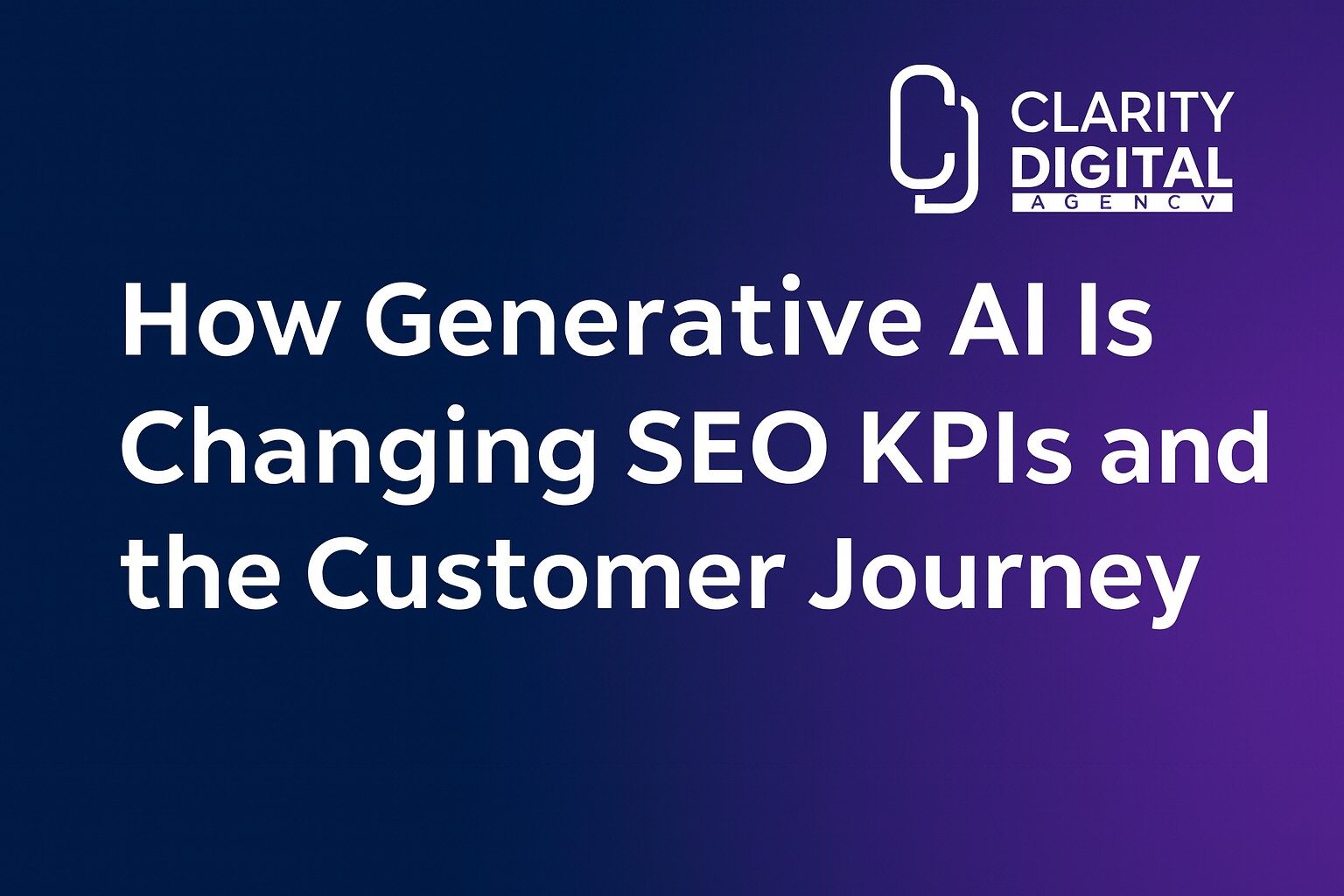Staying ahead of the competition requires more than just having great products in the dynamic world of eCommerce. It involves understanding what potential customers are searching for and aligning your product offerings accordingly. A powerful way to achieve this is through SEO keyword research. This post will delve into how eCommerce product teams can leverage SEO keyword research to determine their products, ensuring they meet market demands, and drive sales.
What is eCommerce SEO Keyword Research?
SEO keyword research is the process of finding and analyzing search terms that people enter into search engines. Doing so brings a deeper understanding of the demand for specific topics, products, and services. In the context of eCommerce, keyword research is essential as it reveals what potential customers are looking for, enabling businesses to tailor their product offerings to meet these needs.
How eCommerce SEO Keyword Research Differs from Other type of Keywords research
Strategies for SEO keyword research vary significantly between eCommerce businesses and other types of businesses. Understanding these differences is crucial for optimizing your website effectively and driving relevant traffic. Below is a detailed look at how SEO keyword research for eCommerce differs from other businesses.
1. Focus on Product and Category Keywords
- eCommerce: The primary focus is on product-specific and category-specific keywords. This involves targeting search terms that potential customers use when they are ready to make a purchase. These include long-tail keywords that describe specific products, brands, models, and categories, such as “buy [product] online,” “[product] deals,” or “[product] reviews.”
- Other Businesses: For service-oriented or informational websites, the focus is more on keywords related to the services offered, industry topics, or brand awareness. Keywords may include terms like “how to [solve problem]” or “best [service] provider in [location].”
2. Identify Commercial Intent
- eCommerce: Keywords often have a high commercial intent, indicating that users are ready to buy. This includes phrases like “purchase,” “discount,” “best price,” and “compare.” These keywords are crucial for capturing customers who are further down the sales funnel.
- Other Businesses: The keyword intent can be more varied, ranging from informational (users seeking knowledge),navigational (users looking for specific websites), and transactional (users intending to complete a transaction, like booking a service).
3. Don’t Forget Product Variations
- eCommerce: Requires attention to a wide range of product variations, such as different colors, sizes, models, and specifications. Each variation might need distinct keywords to address specific search intents and attract precise audience segments.
- Other Businesses: Generally have fewer variations with a focus on broader service or topic-related keywords.
4. Keyword Seasonality and Trends
- eCommerce: Keywords shift based on holiday seasons, sales events (Black Friday, Cyber Monday), and seasonal products. Staying ahead of these trends and adjusting keyword strategies accordingly is vital.
- Other Businesses: While seasonality affects some industries, it’s often less intense than in eCommerce. However, understanding industry-specific trends remains important.
5. Keyword Competitiveness
- eCommerce: Intense competition for many high-value keywords, particularly for popular products and brands. This necessitates a thorough competitive analysis and often requires targeting less competitive, long-tail keywords to gain an edge.
- Other Businesses: Competition levels can vary, but the intensity is generally lower than in the eCommerce sector. Niche businesses might find it easier to rank for their specific keywords.
6. User Intent of the Keywords
- eCommerce: User intent is predominantly transactional, with a focus on keywords that drive purchases. Optimizing for these keywords is crucial to converting search traffic into sales.
- Other Businesses: User intent is more diverse, encompassing informational (seeking knowledge), navigational (finding specific sites), and transactional (completing a service-related action).
7. Content Strategy
- eCommerce: Requires comprehensive product descriptions, detailed category pages, and user-generated content, such as reviews, rank well for relevant keywords. The content must be optimized for search engines and to enhance user experience and drive conversions.
- Other Businesses: May focus more on creating valuable blog posts, service pages, and educational content to attract and engage their audience, establish authority, and drive conversions.
Businesses can tailor their SEO keyword research strategies by recognizing these differences, whether they are in the eCommerce sector or another industry. This targeted approach will help in attracting the right audience, improving rankings, and achieving business goals effectively.
Understanding these nuances and applying the right strategies can significantly enhance your SEO efforts, leading to better visibility, more traffic, and higher conversions for your business.
How Can SEO Keyword Research Impact eCommerce Product and Merchandising Decisions
Keyword research is invaluable for eCommerce product teams.. It provides insights into the search behaviors of potential customers, helping teams identify new product opportunities, and validate existing ones. By understanding search demand, product teams can make informed decisions, reducing the risk of launching products that don’t meet market needs. Additionally, keyword research can guide merchandising strategies, ensuring that products are presented in a way that aligns with customer interests and search trends, ultimately driving more traffic and sales.
Steps to Leverage eCommerce SEO Keyword Research for Product Decisions
Identify Potential Product Ideas
First, use keyword tools to discover what customers are searching for. Tools like Google Keyword Planner, Ahrefs, SEMrush, and SpyFu can help you find high-volume search terms related to your niche. Analyze these keywords to uncover potential product ideas that resonate with your target audience.
Analyze Competitor Keywords
Investigating competitor products and their ranking keywords can reveal market gaps and opportunities. SpyFu is particularly useful for this, as it provides detailed insights into competitors’ keyword strategies. By understanding which keywords competitors are targeting, you can identify underserved niches and capitalize on them.
Understand Customer Intent
Differentiating between informational, navigational, and transactional keywords is crucial. Informational keywords indicate interest in learning more about a topic, while navigational keywords are used to find a specific website or page. Transactional keywords show a readiness to purchase. Aligning your product development with customer search intent ensures you meet their needs at every stage of the buying journey.
Case Studies and Examples
Case Study: Successful Product Discovery Through SEO
Consider an eCommerce brand that successfully used keyword research to launch a new product. By analyzing search data, they identify a rising trend in eco-friendly home products. They developed a line of sustainable home goods, which quickly gained popularity due to the growing interest in eco-conscious living. The metrics and results achieved highlighted the power of SEO keyword research in guiding product decisions.
Example Scenarios
Let’s explore hypothetical examples for different types of eCommerce businesses:
- Fashion: By analyzing keywords like “sustainable fashion trends” and “eco-friendly clothing,” a fashion brand can identify the growing demand for sustainable products and adjust their offerings accordingly.
- Electronics: A tech company can discover new product opportunities by researching keywords such as “latest smartphone accessories” and “smart home devices.”
- Home Goods: For a home goods store, keywords like “organic bedding” and “eco-friendly kitchen products” can reveal niche product ideas that cater to environmentally conscious consumers.
Leveraging Generative AI for Enhanced Insights
Using Generative AI for Keyword Research and Market Insights
Generative AI tools, such as ChatGPT, can be a game-changer for eCommerce product teams. These tools can analyze vast amounts of data to provide deeper insights into customer behavior and preferences. By asking AI models for keyword suggestions and market trends, product teams can gain a more comprehensive understanding of potential opportunities and threats.
Implementing Keyword Research in Product Development
Integrating Keyword Research into the Product Development Cycle
Involve your SEO team in product planning meetings to ensure keyword research is integrated into your product development cycle. Continuous monitoring and updating of keyword trends are essential to stay aligned with market demands and adjust your product strategy as needed.
Tools and Resources for Ongoing Keyword Research
Here are some useful tools for ongoing keyword tracking and analysis:
- Google Keyword Planner: Ideal for finding keyword ideas and search volume.
- Ahrefs: Comprehensive tool for keyword research and competitor analysis.
- SEMrush: Offers insights into keyword trends, competition, and more.
- SpyFu: Provides detailed insights into competitors’ keyword strategies.
- Google Trends: Helps identify emerging trends and seasonal search patterns.
- ChatGPT: Offers generative AI insights for keyword suggestions and market trends.
Wrapping Up: The Power of SEO and AI in eCommerce Product Strategy
Leveraging SEO keyword research for product decisions can significantly enhance your eCommerce strategy. By understanding what customers are searching for, you can develop products that meet their needs and drive sales. Start integrating keyword research into your product development process today and stay ahead of the competition.
Transform Your eCommerce with Clarity Digital eCommerce Agency

If you’re ready to take your eCommerce strategy to the next level, contact Clarity Digital, an eCommerce SEO agency, for a free consultation. Our experts can help you harness the power of keyword research and generative AI to determine your products and achieve your business goals.
Clarity Digital’s founder, Al Sefati, started his first venture in eCommerce, successfully growing it before selling the business to a regional player. This firsthand experience laid the foundation for his deep understanding of eCommerce. Following the sale of his eCommerce venture, Al has worked with numerous eCommerce brands, including D2C (Direct-to-Consumer) businesses, helping them not only grow their SEO but also enhance their overall marketing strategies.
This extensive experience positions Clarity Digital as an eCommerce growth agency that goes beyond traditional SEO services. We provide comprehensive growth strategies that encompass all aspects of eCommerce, from product development and keyword research to merchandising and customer engagement. Our holistic approach ensures that your eCommerce business thrives in a competitive market.Connect with Clarity Digital today and let us help you transform your eCommerce business into a market leader.





